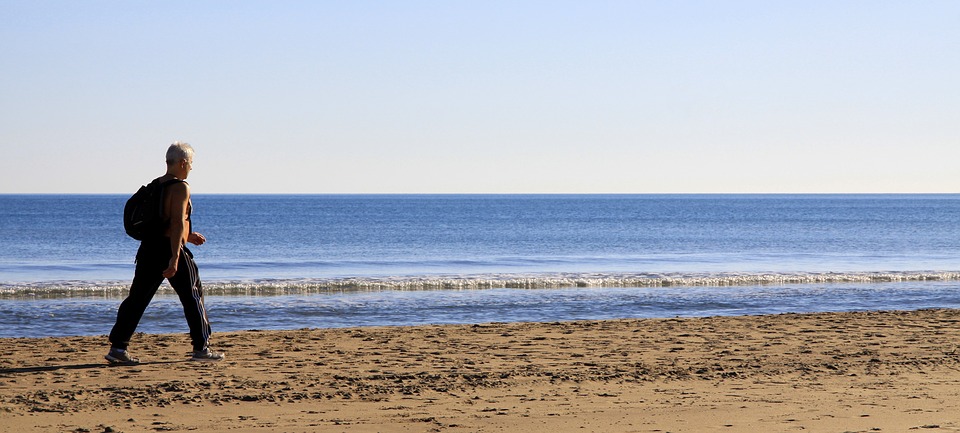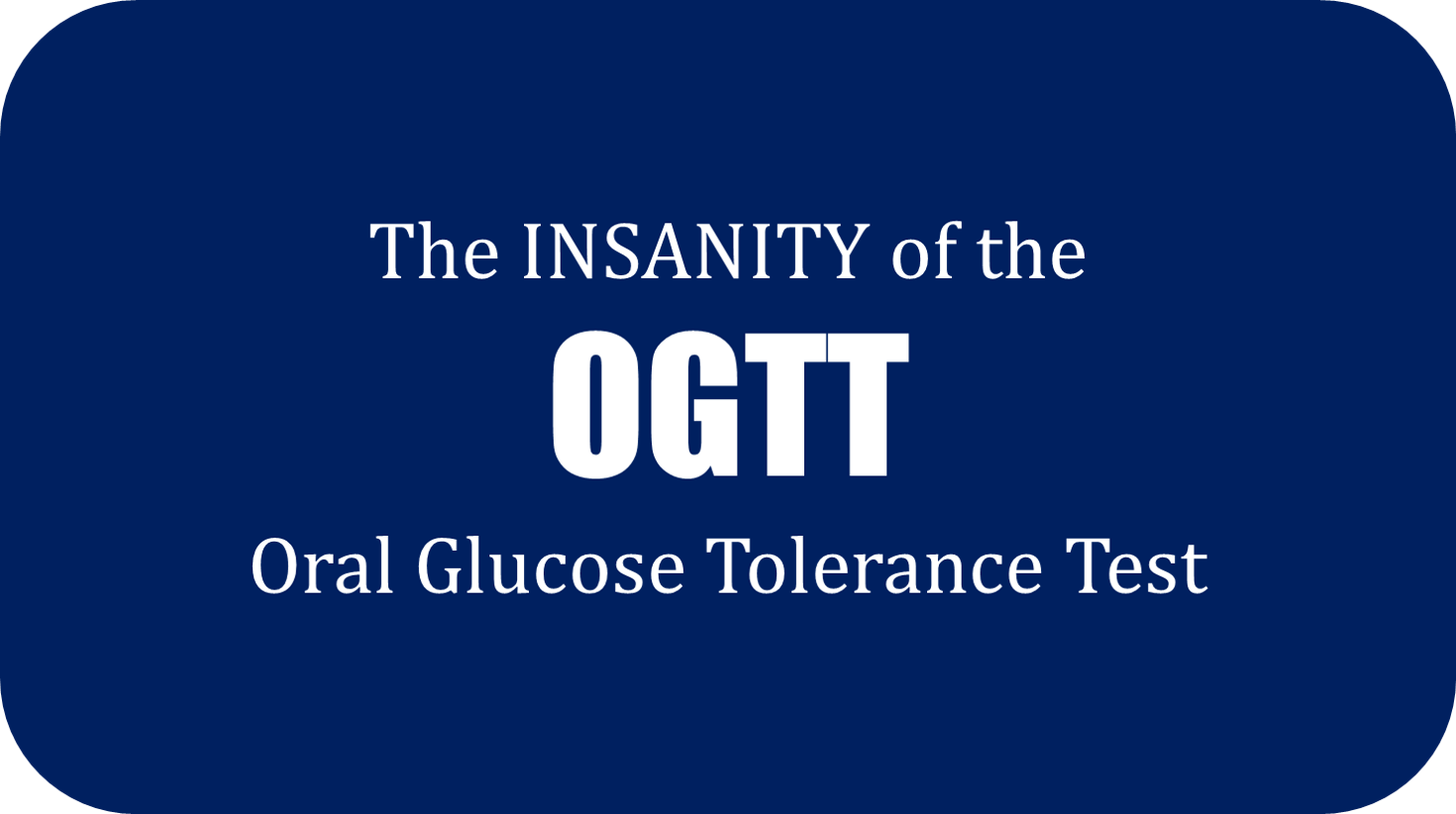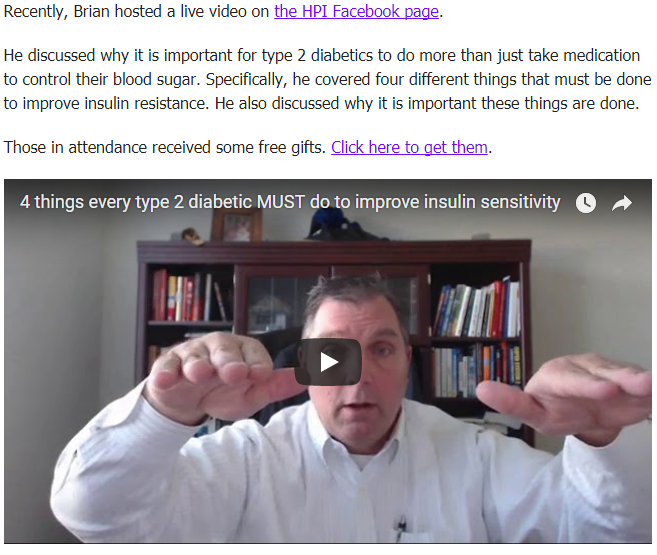It seems all corners of the earth are discussing the report from IARC on processed and red meat and cancer. It also seems everyone has an opinion. We do too. Here are some of ours.
First, some clarification is in order. The IARC (International Agency for Cancer Research) is part of WHO (World Health Organization). They do all the work and WHO simply publishes it.
Banana peels are dangerous!
Let’s clarify what seems to have everyone talking: smoking equals bacon.
We get statements like this because the classification system used by IARC is confusing. So most don’t understand (or are willfully lying).
This classification system is designed to answer a simple yes or no question.
While it seems simple, there can be four different answers:
- No.
- Mixed or Maybe. Think of it this way: Not enough evidence to say no but not enough to say yes.
- Probably. Evidence is tilting toward yes but not convincing enough.
- Yes.
There is more explanation of these categories on the IARC website.
With that out of the way, the IARC set out to answer two questions. Does processed meat cause cancer? They conclude yes. Their other question: Does red meat cause cancer? They conclude probably. Based on their hierarchy, they are less convinced about the evidence for red meat to cause cancer than they are for processed meat to cause cancer.
These two answers have led to cheers or an uproar.
We get the silliness of equating bacon to smoking because the IARC system only classifies risk. It does not quantify risk.
I read a good analogy on this but can’t remember where.
Think of it this way…
Let’s say we used this system to classify danger. The question: Are banana peels dangerous? If falling is dangerous and stepping on a banana peel would lead to falling, then we would have to classify banana peels as dangerous. To illustrate, let’s ask another question.
Is being a firefighter dangerous?
Of course it is. So we would have to classify banana peels the same as firefighting. But as a firefighter, your risk is greater – more frequent and severe.
This is simply how the IARC classifies their answers. No quantification of risk.
Your risk increases but not by much
Given the current environment (food, lack of exercise, poor sleep habits and stressful lives), your current risk of developing colo-rectal cancer is about 5%. But if you eat 2 or 3 pieces of bacon per day, your relative risk for colo-rectal cancer increases by about 18%, which means your overall risk goes from 5% to about 6%.
By comparison, smoking increases your relative risk by about 2500%. Or an increase of about 140 times compared to the increased risk of eating 2 or 3 pieces of bacon per day.
While both processed meat and smoking are put in the same cancer-causing category, the risk from smoking FAR outweighs the risk from 2 or 3 slices of bacon.
So what about the other question: Does red meat cause cancer? The answer on this one is probably.
It’s even lower on the classification scale than processed meat.
Relax and enjoy your bacon
While eating 2 or 3 pieces of bacon per day increases your relative risk by about 18%, the overall risk is low to begin with. So the change in risk is not much – from about 5% to 6%.
If this change in risk is too high for you or you are still not convinced, please stop eating bacon.
There’s that much more for the rest of us! And I for one will promise to do my part to consume that crunchy and delectable food.
[bloglovin_button]




Thank you for writing this and helping us to understand the nuances!